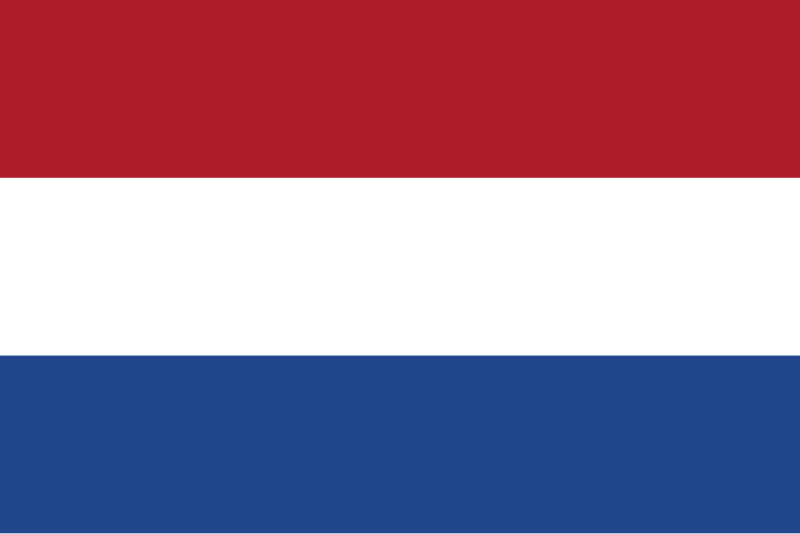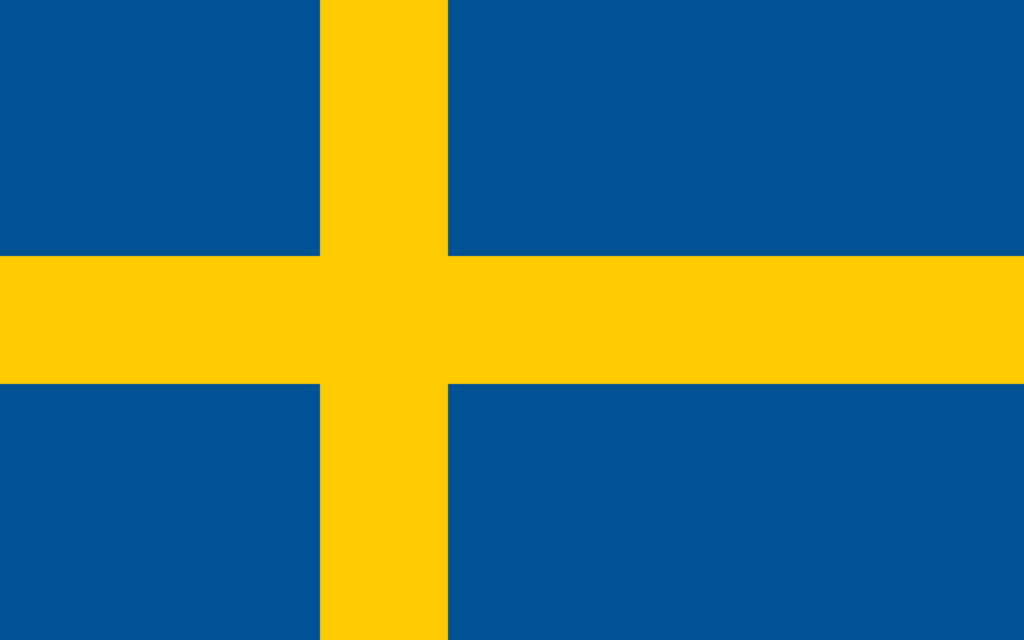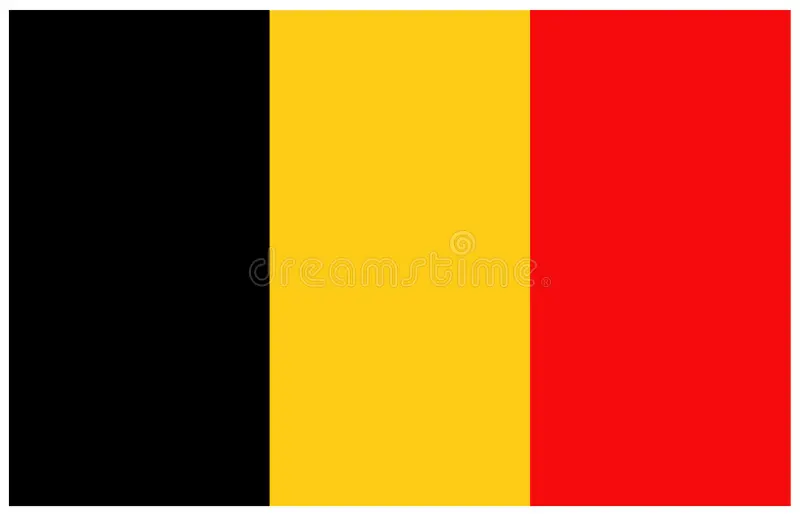Nudging Organic
Under the common slogan “Organic in Europe: part of the solution”, each national organisation aims to improve the recognition and trust of the EU organic logo and increase sales of organic food products in their country. In start, four distinct campaigns were developed, each tailored to the specific country. While visual expressions, tone of voice, and photography may vary, the core message is remains clear: organic products offer numerous economical, social and ecological advantages, and are a positive, solution-oriented choice for consumers.
Curious? Click on the national flag of each country to visit their campaign website →
Why organic?
‘Choosing organic products is good for you, and the future. And shopping for organic foods, that’s way easier than you think.’
The organic principles of health, ecology, fairness and care apply to people, all living beings and the planet’s ecosystem. Therefore, organic food and farming are part of the solution to many of today’s challenges – foremost the climate and biodiversity crises. Key benefits of organic production are;
- Healthy fertile soils, now and for the future;
- Better animal welfare;
- Food free from unnecessary additives;
- Reducing climate-changing emissions;
- Better for biodiversity.
Nevertheless, simulating the consumption of organic products is urgently needed, given the ambition of the European Commission to dedicate a quarter of the European agricultural area to organic farming by 2030. For this reason, the EU Commission has made a subsidy available to stimulate local organic markets through a campaign for the duration of three years.
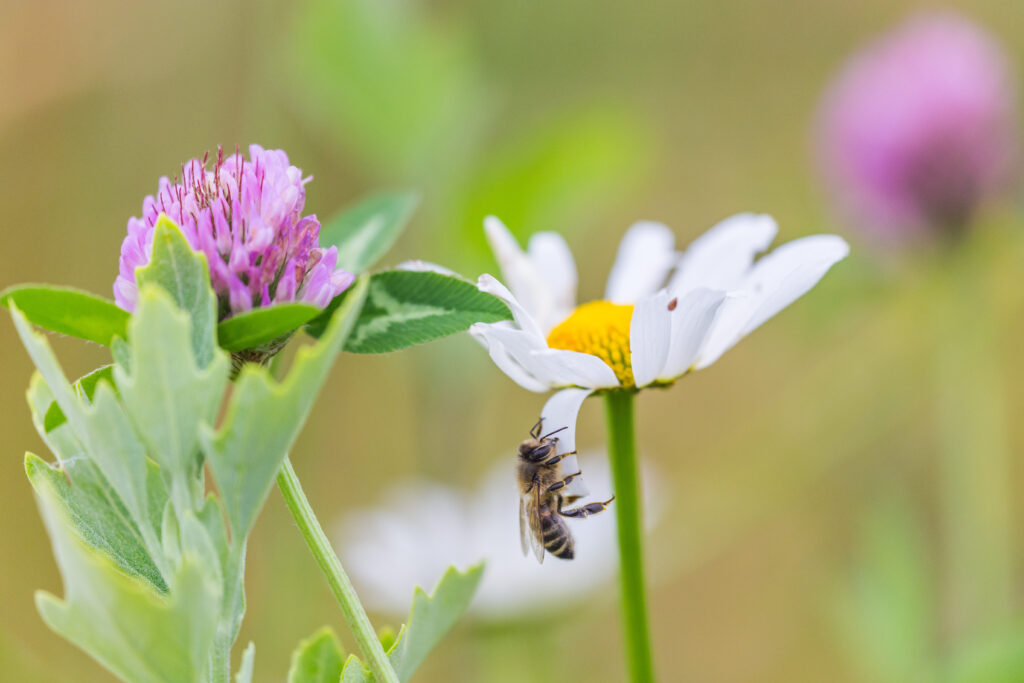
What about nudging?
Most European countries encounter the same issue: a relatively small group of consumers seems responsible for the largest part of the sale of organic products. In addition, the price remains the biggest barrier to buy organic, as organic is perceived as expensive. As research shows, even though most consumers say they want to buy organic, they often don’t. Thus, we can speak of an intention behavior gap.
By applying ‘nudges’ in and around the supermarket the customer is subconsciously being helped in his choice, at the time and place of purchase. Previous pilots have already shown that by only changing small things on the shelf or in the supermarket, this can already make a huge difference in the sales of organic products. Therefore, Nudging Organic will focus on point of sale actions implement nudging techniques to online retail and in-store activities. Meanwhile, an ongoing online and in print publicity campaign will to strengthen the recognition of the EU organic logo and spread knowlegde on the benefits of organic agriculture and food.
Want to learn our ‘best practises’? Read our Nudging Reports detailing the experiments and results of our national campaigns.
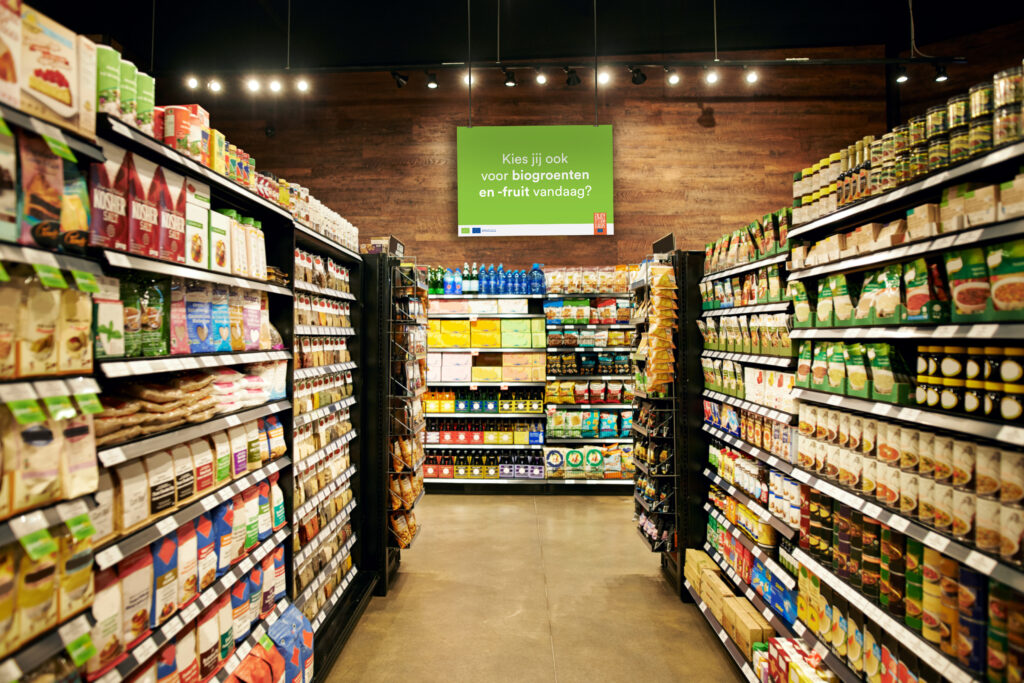
Coming up:
Seminar: ‘Bio kan de wereld redden’ – September 23th 2024, Brussel (BE)
On September 23th 2024, EU Organic Day, BioForum organises the seminar ‘Bio kan de wereld redden‘ (Organic can save the world), introducing the several benefits of organic production through scientific research.
Event: ‘De mooiste boodschap is bio uit Europa’ – October 8th 2024, Odijk (NL)
On October 8th 2024, Bionext organises an event on their national campaign ‘de mooiste boodschap is bio uit Europa,’ as part of Nudging Organic. The programme consists of illustrating the results of their nudging actions as well as discussing the organic revenue numbers of 2024 in the Netherlands.
Questions or inquiries?
Contact project coördinator Jan de Vries
devries@bionext.nl

